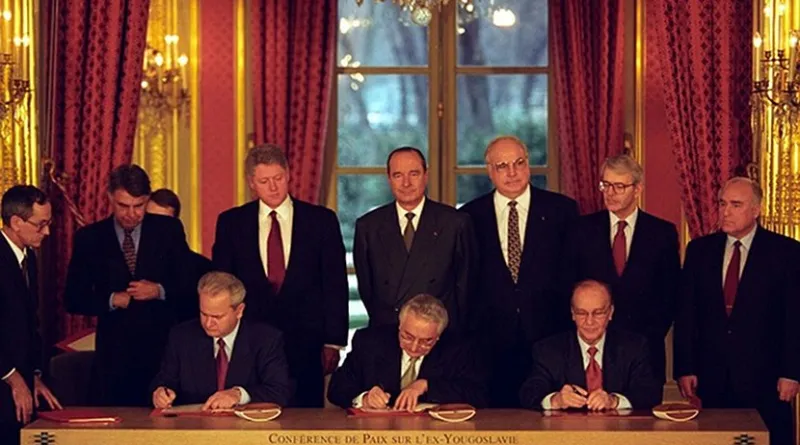Russia Is Playing With Fire in the Balkans

This year marks the 30th anniversary of the beginning of the Yugoslav wars, Europe’s bloodiest conflict since World War II. Although the Balkan states moved toward democratic governance and integration with NATO and the European Union in the immediate aftermath of the wars, consistent neglect on the part of the West has contributed to a dramatic backsliding in recent years. Now Russian President Vladimir Putin is seizing his opportunity and using the former Yugoslav states as the next battlefield to weaken NATO and the European Union.









